Word of Mouth: The Top Quotes of 2012
The industry had no shortage of interesting comments this year; here's a look at the good, the bad, and the bizarre
It's not at all a coincidence that many of the game industry's leading figures are also outspoken, and given to dramatic turns of phrase. Sometimes a phrase is memorable because it's so wrong in retrospect; sometimes a quotation is prescient, and sometimes the words just seem to perfectly capture the essence of the subject.
GamesIndustry International's staff has selected the top twenty quotes of 2012 from among the thousands that appeared in the articles we published this year. Some are funny; some are sad; some may appear stunningly wrong. In all cases we've provided some context and a link to the original article containing the quote. Additionally, where appropriate we've added some information about where the quote (and the quote-maker) stand now.
This series of quotations provides an interesting way to review the major events, memes, and thought processes that occurred in this tumultuous 2012.
“Holy shit, now what?”
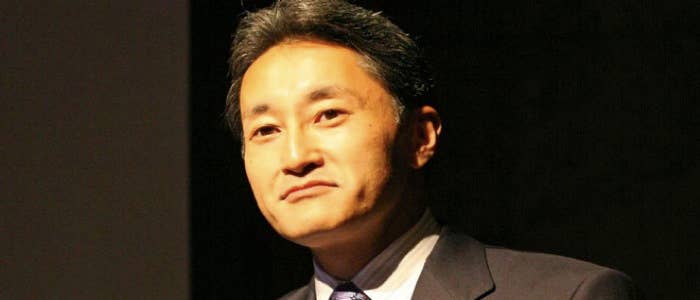
Kaz Hirai, the CEO of Sony (and formerly, head of Sony Computer Entertainment America) said this to The Wall Street Journal about the challenges facing him in dealing with Sony's enormous losses after he took over as CEO. The full quote: “I thought turning around the PlayStation business was going to be the toughest challenge of my career, but I guess not. It's one issue after another. I feel like 'Holy shit, now what?'” Sony's financial position has improved since then, but the company is still trying to reshape itself into a profitable collection of businesses.
“The ultraviolence has to stop. We have to stop loving it.”

Warren Spector, legendary game designer, talking about his impressions of this year's E3 and the quantity and graphic quality of violent games he saw there. So far, sales of hardcore fragfests like Call of Duty: Black Ops II and Halo 4 are still dominating the charts in the console business. Online and mobile games have introduced everyone to games in the last few years, mostly with non-violent casual titles. However, many companies that made the fortunes on such nonviolent games, like Zynga, have been busy announcing development of “midcore” and even hardcore games, which quite probably means more violent content. This issue is far from settled.
“Nintendo's on track to become primarily a software company.”
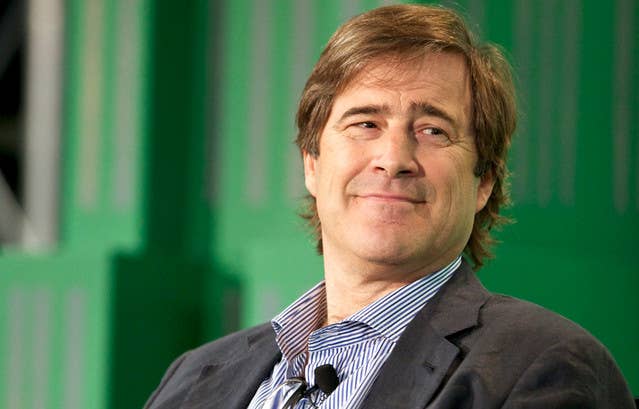
Bing Gordon, partner in venture capital firm Kleiner Perkins, veteran of EA and Zynga board member, talked frankly about his view of the game market and its future. His view of the house that Mario built is not a rosy one, and he sees the market for dedicated game hardware getting tougher. Nintendo's refusal to consider allowing any form of their iconic brands on hardware such as smartphones, and the poor sales prospects in Gordon's view for the Wii U, will inevitably lead to a Sega-like decline and transformation of Nintendo. The sales of the Wii U in 2013 will go a long way towards showing if Gordon's prediction is right or wrong.
“If we have to sell hardware we will.”
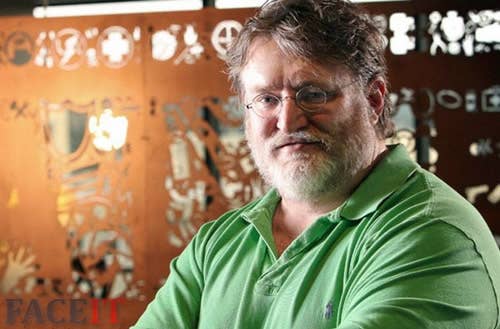
Gabe Newell, CEO of Valve, said this in an interview with Penny Arcade early in the year. Newell went on to say, “We have no reason to believe we're any good at it, it's more we think that we need to continue to have innovation and if the only way to get these kind of projects started is by us going and developing and selling the hardware directly then that's what we'll do.” Rumors continue to swirl about Valve's entry into console-like hardware, fueled by interviews like this recent one where Newell hinted about their plans for a living room PC. Valve in the console business in 2013? That would certainly cause some wailing and gnashing of teeth at current console manufacturers.
“We were looking at uDraw as a bridge to the digital future, and it turned out to be a plank that we walked off of.”
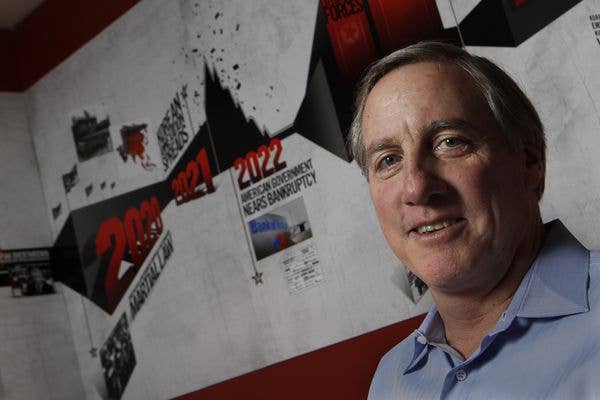
Brian Farrell, CEO of THQ, said this during their first earnings call of 2012 in a response to an analyst question. It was a candid moment during a tense earnings call where THQ's dreadful financial results for the last quarter of 2011 were revealed. The news has gotten progressively worse for THQ this year; at the last earnings call in October, Farrell revealed that the company was looking for financing (and/or a sale) and that there would be no more guidance for future quarters, since THQ's future has become so uncertain.
“Free-to-play games can't be high quality.” - Oliver Comte, Senior Vice President for Namco Bandai Europe, said this while speaking at the Cloud Gaming Europe conference. His talk was an explanation of why cheap or free games are bad for the game industry. Later in the year, Namco began releasing its own free-to-play games, like Mobile Suit Gundam on the PS3 and Knights Arena on iOS. Perhaps Comte would like to buy those words back for a few game credits.
“In the long term the market is entirely free-to-play.” - Kristian Segerstrale, EVP of digital at Electronic Arts, took the precisely opposite point of view to Oliver Comte when talking about where games are headed with design and monetization. This is a bold statement for a company that still derives the majority of its revenue from games that you buy in a store. Will this actually happen, and when would it occur? There's no way to know for sure, but EA's revenue from free-to-play games is growing strongly, and the company just announced it's folding its Play4Free gaming hub into its Origin digital distribution service.
“We monetize revenge.” - Will Harbin, the CEO of Kixeye, putting into a pithy statement exactly how Kixeye monetizes its free-to-play strategy games. Kixeye's hard-core social games generate much more money per daily active user than casual games. Kixeye has built a devoted fan base ready, willing, and able to spend money to hit back after someone hits them.
“A great social game is Shakespearean.”

Mark Pincus, CEO of Zynga, said this in an interview with GamesIndustry International right before the company reported unexpectedly poor results, following which its stock dropped sharply and company execs started leaving in packs. Pincus was talking about how he thinks great social games should offer more than one type of experience for players, but the quote takes on new meaning given the dramatic events Zynga has undergone this year. Perhaps he meant, “A great social game company is Shakespearean?”
“The relationship between developer and publisher has changed forever.” - Chris Ulm, the CEO of mobile developer Appy Entertainment said this while discussing with other developers whether publishers serve a purpose in the mobile market. Many mobile developers are refugees from the more traditional side of the game business, seeking a publisher-free paradise where developers can make great games without ever having to argue with someone in marketing. Alas, it seems to be that this was a short-lived dream at best, and a new breed of publishers have arisen to work with mobile developers. More and more mobile developers are finding it worthwhile to consider giving up some of their revenue to a publisher. Events so far have been proving Ulm correct, though, in that the relationship between publishers and developers continues to evolve, and 2013 will likely see more changes.
“You won't be seeing our profit being spent on Ferraris and shit like that. Our profits are going back into games.”
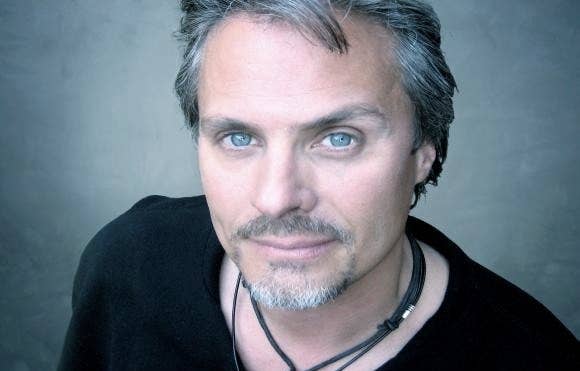
Lorne Lanning, CEO of Oddworld Inhabitants, gave a lengthy interview in which he complained about the terrible practices of console game publishers that lead him to leave the game business. Lanning also talked about an attempt by Electronic Arts to acquire his studio and how he profanely said no. This led directly to the next quote from Electronic Arts...
“We wish Lorne luck on the game and recommend Lithium for the paranoia and Tourette's Syndrome.” - Jeff Brown, Electronic Arts corporate spokesman, commented on Lorne Lanning's profanity-laced diatribe about how EA tried to buy his company, which EA says never happened. Where does the truth lie between these two very different stories? We don't know, but we look forward to the chance to watch Lanning and Brown debate the issue on stage on pay-per-view. Xbox Live, here's your traffic booster opportunity for the new year.
“What's already happening... is the destruction of the classic game console model.” - John Welch, CEO of mobile/social developer Making Fun, said this while talking about the impact of mobile and social gaming on the game industry. Welch feels that the consoles have one more generation in them, and then the model will be more or less obsolete. This is not an uncommon view among mobile and social game developers, many of whom are veterans of the console business. They point to the rapid rise of other mobile, social and online games, and the amazing growth in game revenues from countries where consoles will most likely never appear (such as China). Of course, not everyone is ready to throw in the towel on the console business...
"Console is not dead." - David Cole, analyst at DFC Intelligence, made this remark while talking with gaming execs about the global gaming market. Cole pointed out that consoles are projected to bring in $25 billion in revenue in 2017. That may be less than a quarter of the total global gaming revenue that year, but it's still an amount of money worthy of significant investment in game development.
“I'd be terrified to be marketing games right now.”
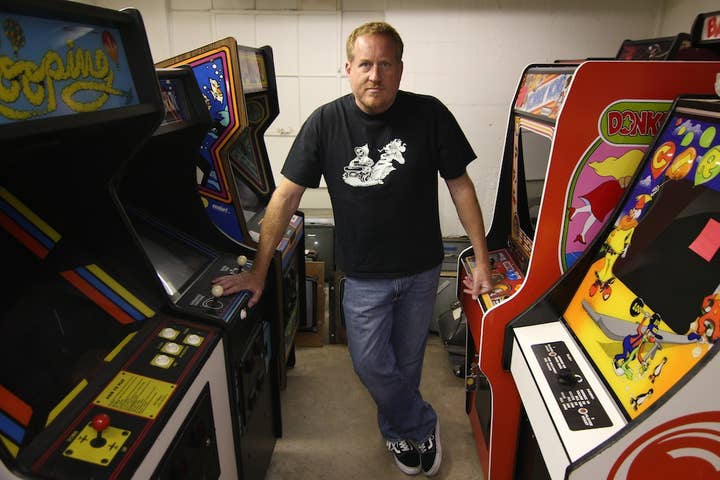
Seamus Blackley, co-creator of the Xbox, said this while talking to a room full of game marketers about the huge changes in the game industry. Blackley said this because marketing games used to be so cut-and-dried: Put an ad in a few magazines, do a retail promotion, make sure the review copies are sent out, and you're done. Now game marketing has countless options, and no clear playbook that always works; each marketing plan becomes a creative project in itself, if you want to do it right.
“Games suck, frankly. Compared to where they could be, all games suck.”
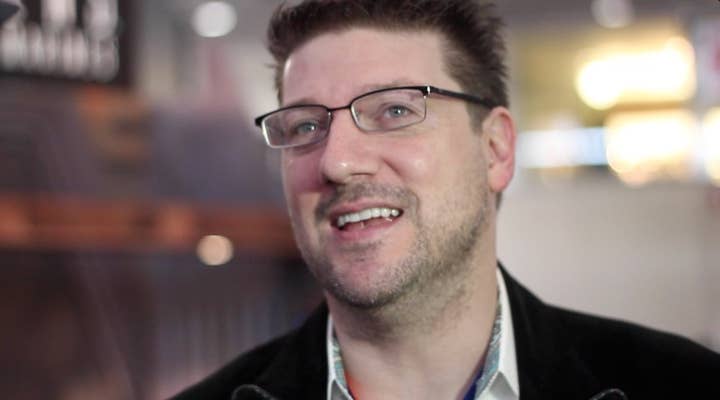
Randy Pitchford, co-founder and CEO of Gearbox Software, said this to point out what motivates him to work harder on games. Pitchford sees a future with game budgets that could be in the hundreds of millions of dollars, and he's eager to be a part of game development on that scale. “Think about how crazy these simulations are going to get. And then someday we'll be living in the Matrix, or the Holodeck, and I'm gonna be writing the software.” When that's your dream, it's easy to see how current games might be disappointing.
“Games are a hit-driven business. If someone else tells you something different, it's a lie.” - Riccardo Zacconi, the CEO of King.com, said this while explaining his company's strategy for creating a sustainable business. Since hits are necessary, Zacconi believes you must create many games to be sure of finding a game. King.com creates games for low budgets, using small teams that take a month or two for development. If the game attracts an audience, the company scales it up from there. The strategy appears to be working; King.com has become the #2 social game company 18 months since releasing its first game on Facebook.
“Nintendo has to let Mario games on non-Nintendo devices.” - Nanako Imazu, Tokyo stock analyst, said this after Nintendo announced its massive losses for last year. Other analysts have also called on Nintendo to put its iconic brands on smartphones and tablets, but the company has resisted all such advice. So far, the 3DS handheld has been selling well after a rough start; the Wii U is off to a good start, but it's too early to tell how the console will fare in the years ahead.
“I don't think it gets any weirder and cooler than this.” - Jeff Gerstmann, Editor-in-Chief of Giant Bomb, said this about his move back to GameSpot after having been fired by the company in 2007. The issue involved game reviews, editorial control and advertiser's influence. The thorny ethical issues underlying this have not yet vanished from the industry, as Rob Fahey makes clear...
“There is a deep and fundamental lack of professional ethics in the games media.” - Rob Fahey, the former editor of GamesIndustry.biz, said this in his op-ed piece about the the pervasive influence of game companies on game journalists. The issue of review quality and potential bias among reviewers who are wined and dined by game companies and their PR reps has been around for decades, and it's still not resolved. Game media is necessarily changing as the game industry changes, but these basic ethical issues will always need regular review.

